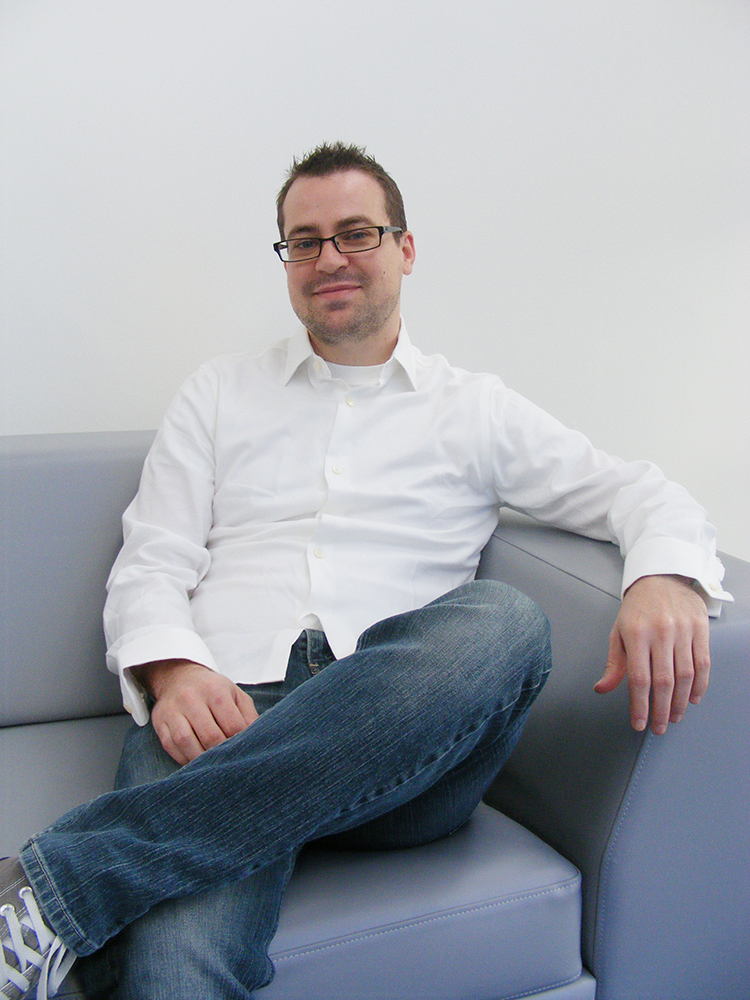
David Rast believes that it is just as important to understand "followership" as it is leadership. Hired in July as assistant professor in social psychology, Rast believes that the stereotypical perception of a follower as a passive participant is false, citing the Arab Spring as an example of followers pressuring their leaders to engage in progressive dialogue.
"My research is focused on group processes and intergroup relations," says Rast. "How collections of people get together and do something, like collective action, conformity, groupthink, polarization. What makes people bestow some sort of influence capacity on a particular person, and at the same time, what can followers do to stop leaders from doing things they shouldn't be doing?"
Traditionally, psychologists don't study leadership, and leadership scholars are not psychologists. But when he was an undergraduate in a leadership management course, Rast became interested in bridging the two areas of research. Finding the available literature on leadership lacking in methodological and theoretical rigor, Rast was inspired to pursue a graduate degree with Michael Hogg (Claremont Graduate University), the leading researcher on social identity theory, or how people form and shape their identities.
In many cases, context is the determining factor in who will emerge as a leader, and as witnessed in the recent provincial and federal elections, how a candidate presents to the public is crucial.
"I gave a talk for the [U of A's] Peter Lougheed Leadership College a couple of weeks ago, on election night," explains Rast. "One of the points I raised was the way the candidates were painting themselves. Are they closely aligned with the groups they're leading? Trudeau, for instance, uses a lot of 'us/we' language. We're in this together. It's called social identity language. Harper, on the other hand, said as Canadians you need something different, so vote for me. Right away we don't like that leader; we see him as being dissimilar and we distance ourselves from that person."
In addition to teaching and research, Rast has put together a proposal for a joint leadership certificate program at the behest of the Faculty of Arts and the Faculty of Science. He's excited about the inter-faculty initiative, and as he explains, many traditional leadership development programs focus primarily on "getting results" - which is problematic. When serving as a postdoctoral research fellow for the U.S. Army Research Institute's Leader Development Unit, his team published findings that approximately 25% of the military leaders were considered toxic. According to Rast, this is not dissimilar from mainstream organizations. "People are promoted because they are very productive, and it doesn't matter how they get there because we are more focused on the outcome than the process. But if we shift that focus from outcome to process, we can reduce the number of people who are toxic."
But not without followers who demand that their voices be heard. According to Rast, whether you are a follower or a leader, the designation is fluid. "Sometimes you're a leader, but most of the time you're a follower," says Rast. "It's important to understand that, as a follower, you just don't sit back and listen to people. You still have to stand up and do what's right."
David Rast will be teaching a 400/500 level course in group processes and intergroup relations in Winter Term 2016.